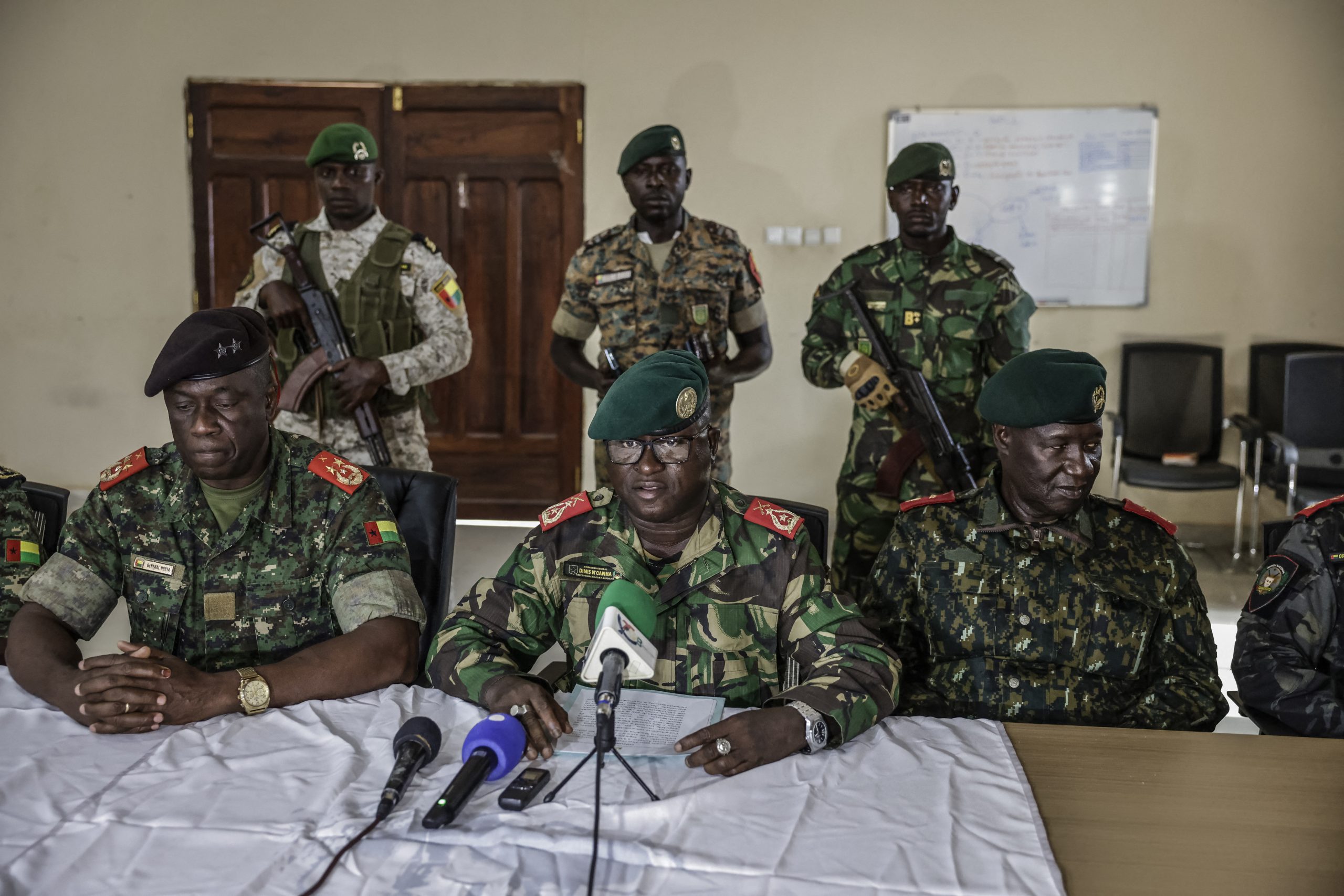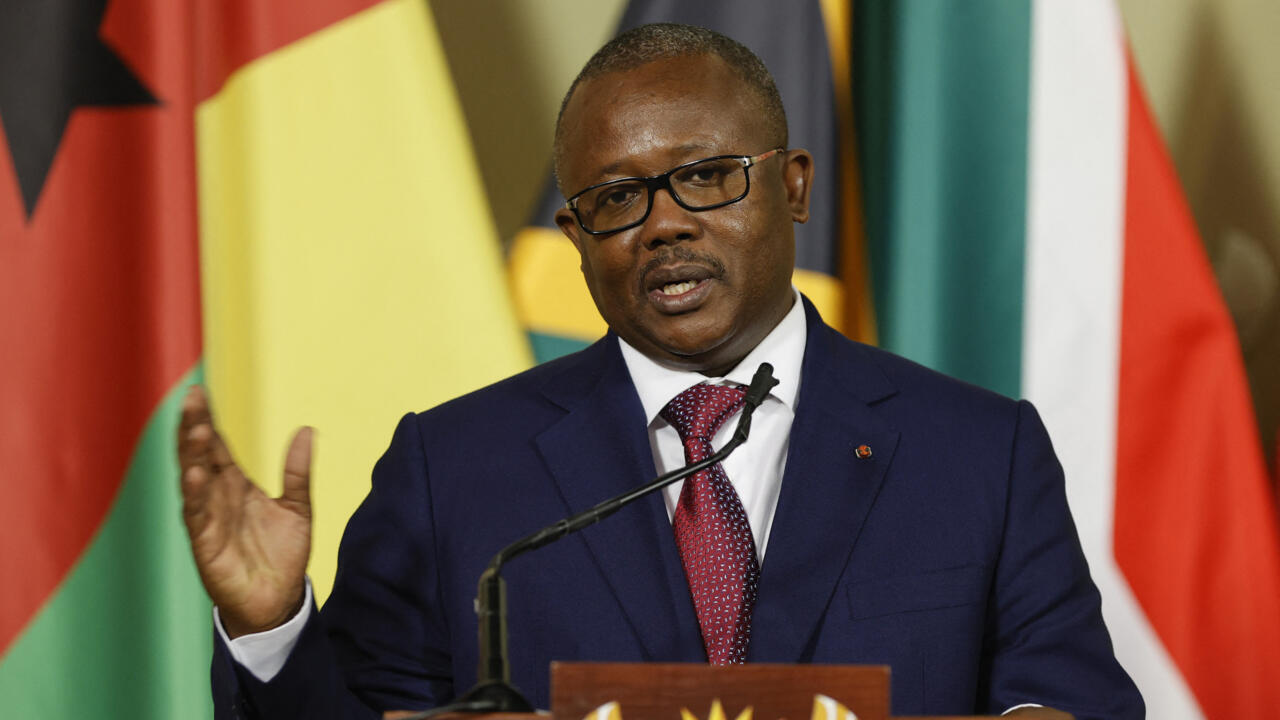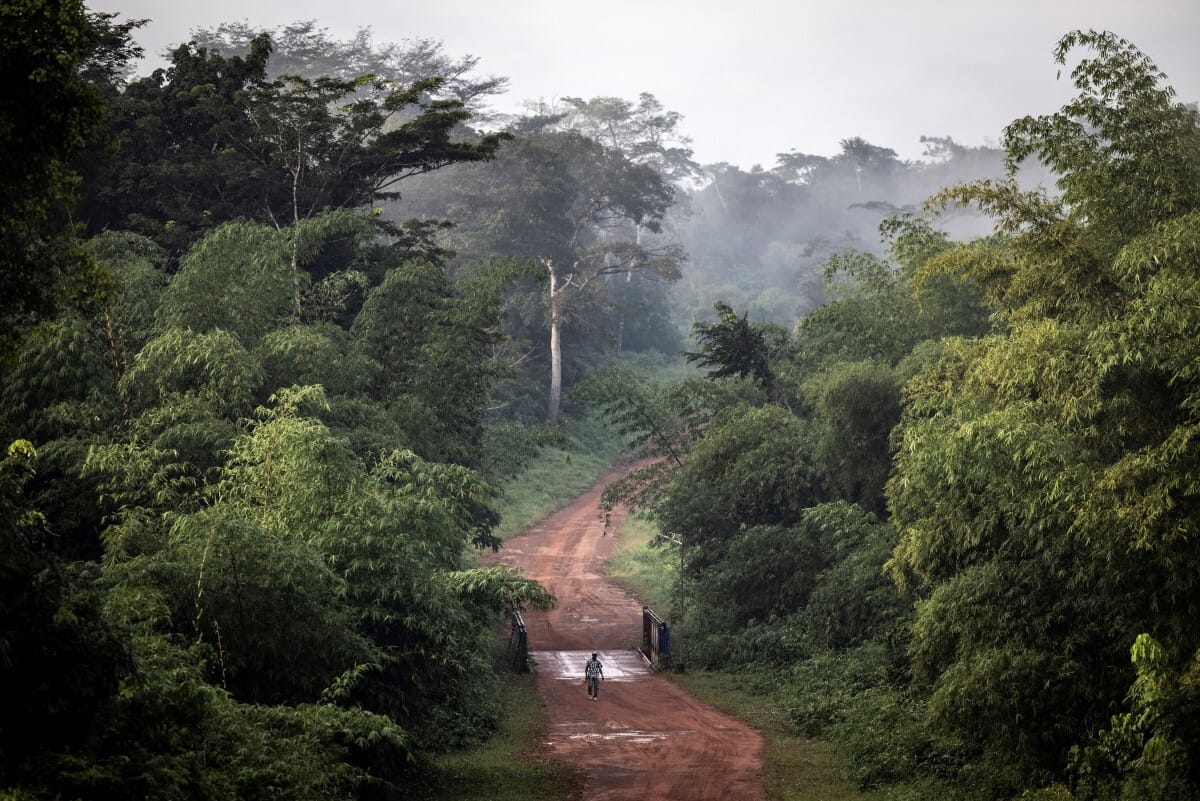Former President Goodluck Jonathan and several African dignitaries remain stranded in Guinea-Bissau following Wednesday’s military takeover that abruptly halted the country’s electoral process.
Jonathan is part of a 36-member high-level joint election observation mission deployed by the African Union (AU), the Economic Community of West African States (ECOWAS) and the West African Elders Forum (WAEF) to monitor the November 23 presidential and legislative elections.
With borders closed and the situation tense, the visiting heads of mission, including Jonathan, remain in the country under restricted movement.
A source close to the former Nigerian president told The Guardian on Thursday morning that Jonathan and other mission leaders “are still there”, adding that “based on international protocol, the matter will be sorted out.”
The heads of the three regional observer missions, who are all still in the country, include H.E. Filipe Jacinto Nyusi, Head of the African Union Election Observation Mission and former President of Mozambique; Issifu Baba Braimah Kamara, Head of the ECOWAS Election Observation Mission; and Goodluck Jonathan, Head of the West African Elders Forum (WAEF) and former President of Nigeria.
They were in Bissau holding final consultations with presidential candidates when the military seized power.
Guinea-Bissau slipped into crisis on Wednesday after heavy gunfire erupted around the presidential palace.
Hours later, General Denis N’Canha, head of the presidential military office, announced that a command “composed of all branches of the armed forces” had taken over the country “until further notice”.
The military shut the nation’s borders, closed airports and suspended the release of official election results.
The coup unfolded after incumbent President Umaro Sissoco Embaló and his main challenger, Fernando Dias, both claimed victory despite the absence of formal results from the electoral commission.
In a joint statement issued in Bissau on Wednesday and signed by heads of the three observer missions, the AU, ECOWAS and WAEF condemned the coup and described it as a “blatant attempt to disrupt the democratic process”.
The missions expressed concern that the coup was announced just after they had met with the two leading candidates, who had both pledged to respect the will of the people.
They also deplored the arrest of several senior officials, including those overseeing the electoral process, and called on the armed forces to immediately release the detainees and allow the electoral process to run its course.
“We call on the people of Guinea-Bissau to remain calm, and we reaffirm our commitment to supporting the country on its democratic path,” the statement added.

![Former Nigerian President Goodluck Jonathan has been trapped in Guinea Bissau after a military coup halted the country’s elections and closed all borders. [X, formerly Twitter]](https://guardian.ng/cdn-cgi/image/format=auto,width=600,fit=contain,q=45/https://cdn.guardian.ng/wp-content/uploads/2025/11/image-2.png)




